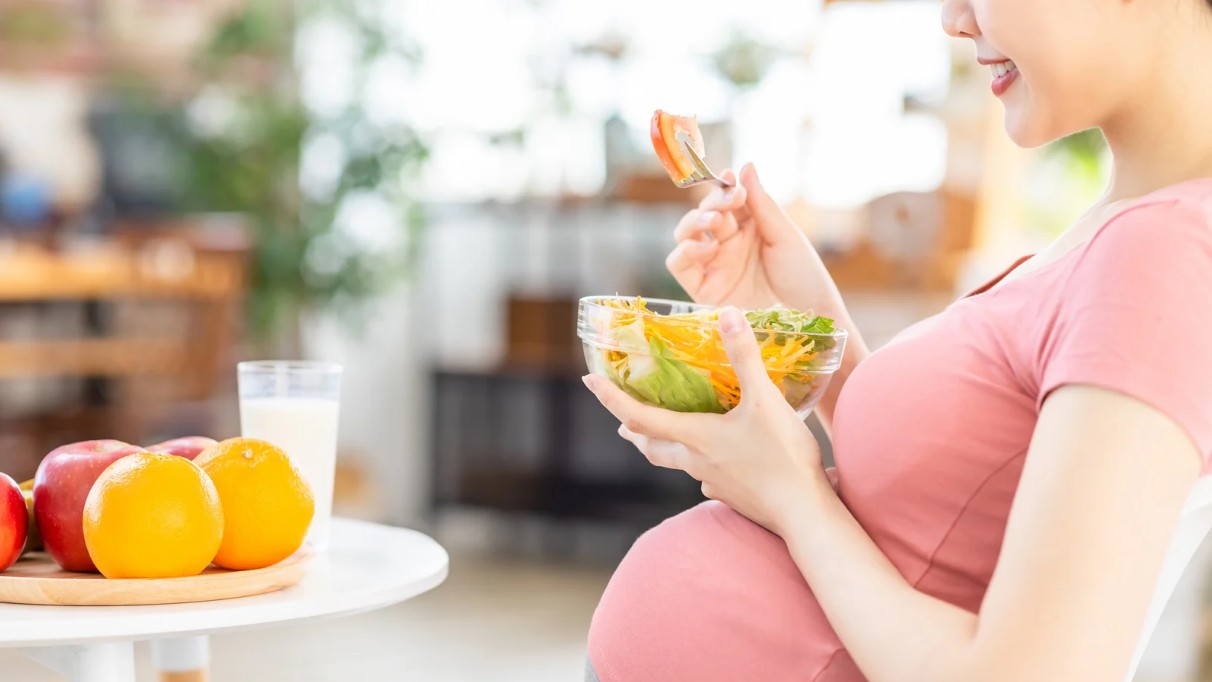10 Fertility-Boosting Foods to Support Conception
- 7 August 2025
10 Fertility-Boosting Foods to Support Conception
While diet alone cannot guarantee improved fertility outcomes in the same way medical interventions can, certain foods may indirectly support reproductive health by enhancing egg and sperm quality and preparing the body for a healthy pregnancy.
Citrus Fruits
Citrus fruits—like oranges and grapefruits—are rich in vitamin C, potassium, calcium, and folate (a B vitamin). Folate may help regulate ovulation and support the uterine environment. Aim to eat at least one serving daily, such as a large orange or a kiwi.
Leafy Green Vegetables
Spinach, kale, and Swiss chard are excellent sources of calcium, iron (important during menstruation), and folate, which helps prevent neural tube defects in early pregnancy. Since many women are unaware of pregnancy until 2–3 weeks in, sufficient folate intake is critical. The CDC recommends 400 micrograms of folic acid daily via supplementation.
Berries
Blueberries and raspberries are rich in antioxidants and anti-inflammatory compounds that may support fertility in both sexes. High in folate, vitamin C, and fiber, berries help support fetal development and healthy weight—an important factor in conception. Eat at least one cup daily.
Avocados
Avocados provide healthy monounsaturated fats, vitamin K for nutrient absorption, and potassium for blood pressure regulation. They’re also high in folate. One avocado per day, served on whole-grain toast with olive oil, is a nutritious option.
Quinoa
A gluten-free whole grain, quinoa offers protein, folate, zinc, and fiber. It supports digestion and may relieve constipation during menstruation. Replacing animal protein with plant-based options like quinoa may improve fertility outcomes, according to nutritionist Hillary Wright.
Greek Yogurt
Full-fat Greek yogurt offers more calcium, probiotics, and protein than regular yogurt and is rich in vitamin D—essential for ovulation and immune health. If you’re lactose intolerant, aim for 1,000 mg of calcium from other sources. Don’t overconsume full-fat dairy, as it may raise saturated fat levels.
Salmon
Wild salmon is packed with omega-3s and DHA, crucial for fetal brain and eye development. Women who are overweight or obese are more likely to be DHA-deficient. Limit salmon intake to 12 ounces (about 340 grams) per week due to possible mercury exposure.
Eggs
Organic eggs are rich in vitamins, minerals, and choline—important for improving egg quality and preventing neural tube defects. Be sure to consume both the white and the yolk for maximum benefits, also foods to support conception
Walnuts
Walnuts are one of the few plant-based sources of omega-3s and are high in fiber and magnesium, which can help reduce the risk of neurological disorders and pregnancy-related cramps. Limit intake to two tablespoons per day due to their calorie density.
Lentils and Beans
These plant proteins are loaded with fiber, B vitamins, folate, and iron. Choose BPA-free canned options to avoid hormone disruption. Aim for at least two meals per week that include lentils or beans.
Ref: The Bump






